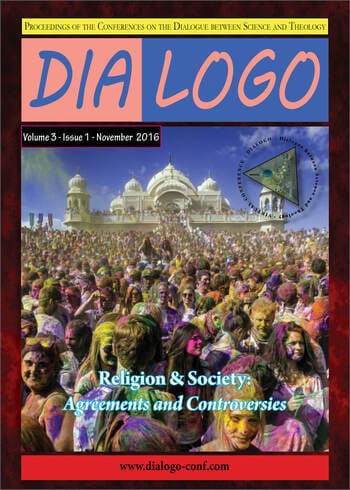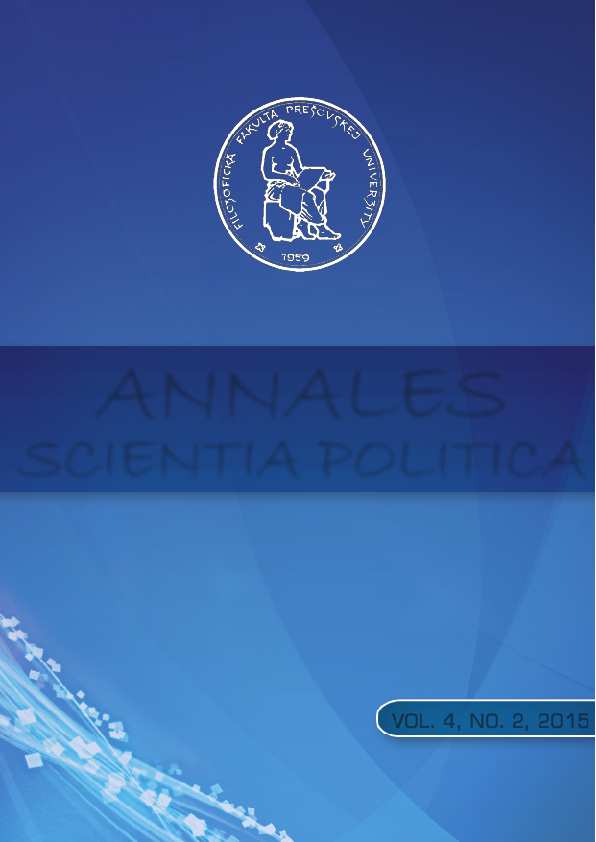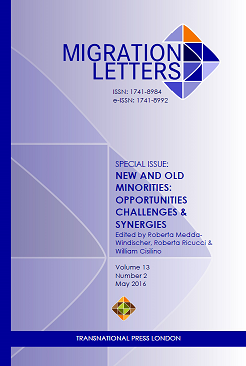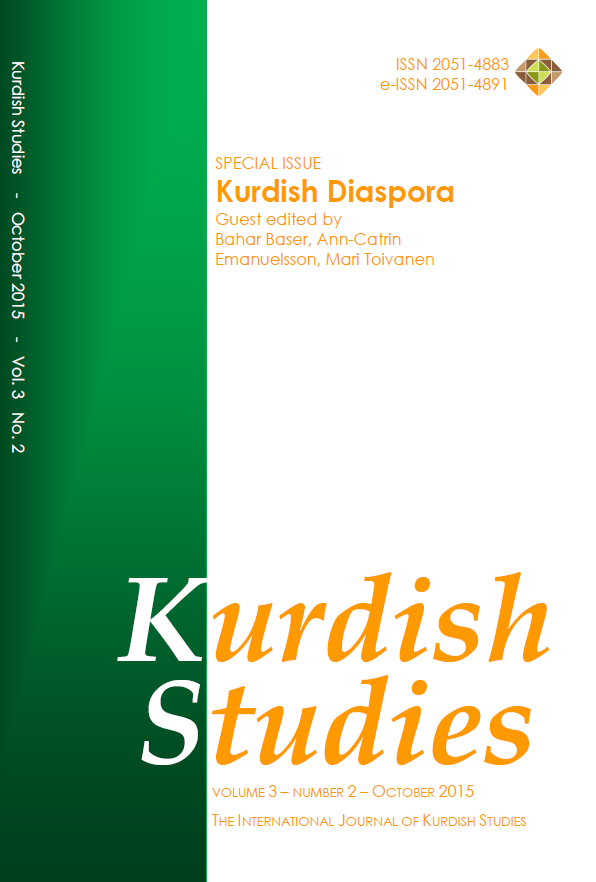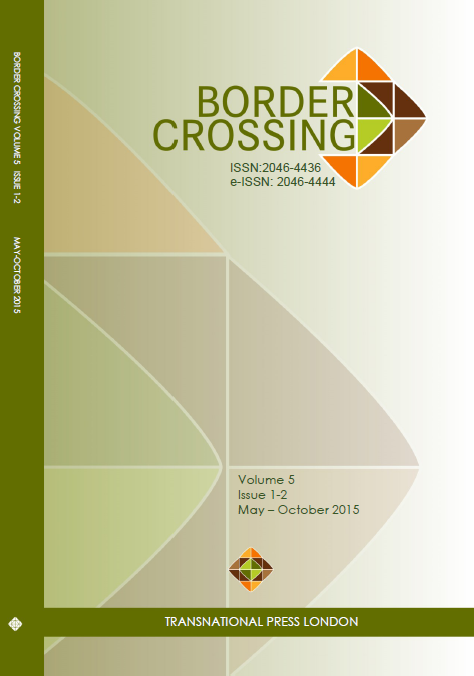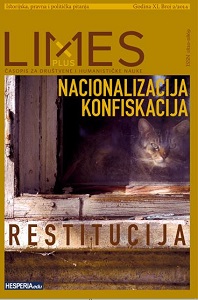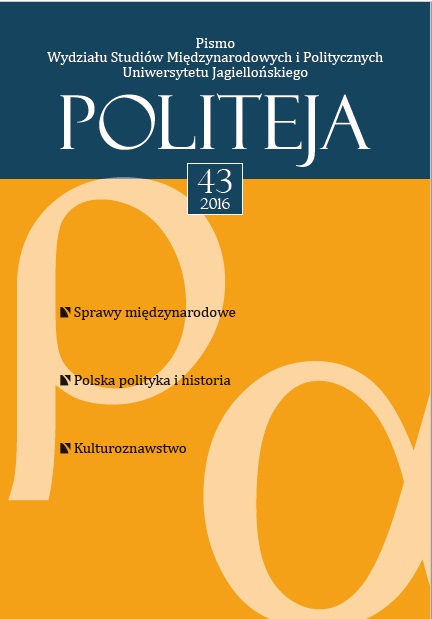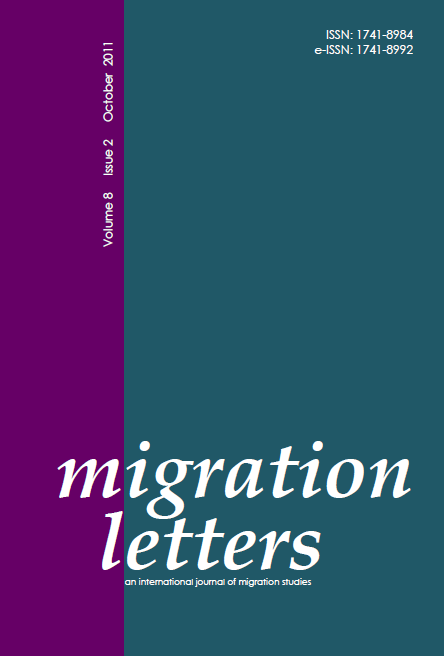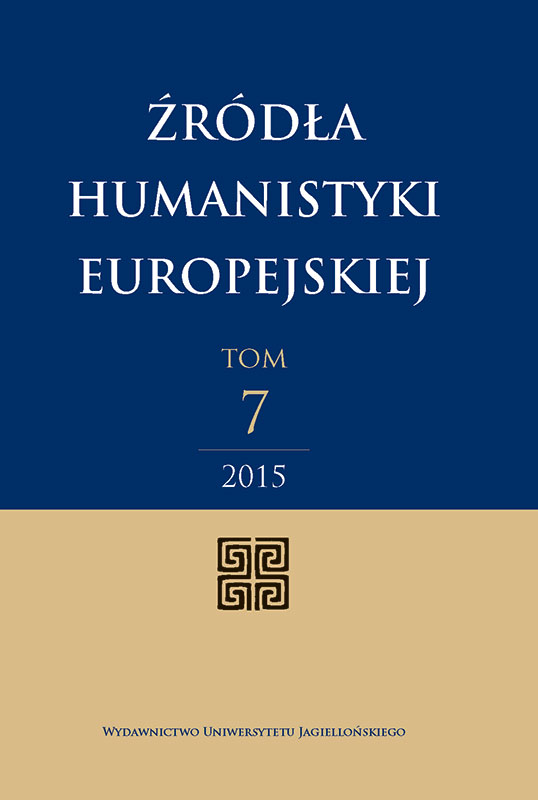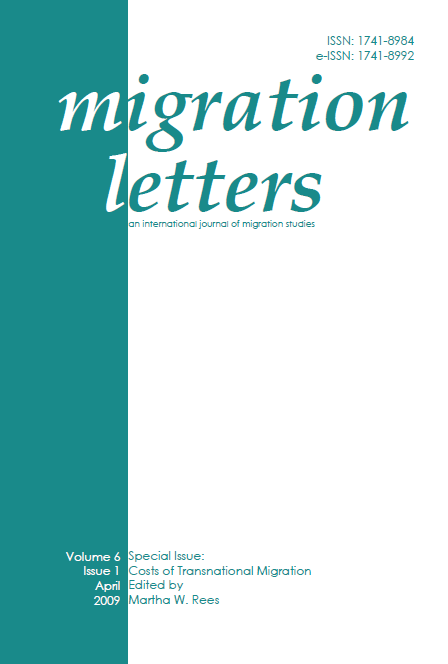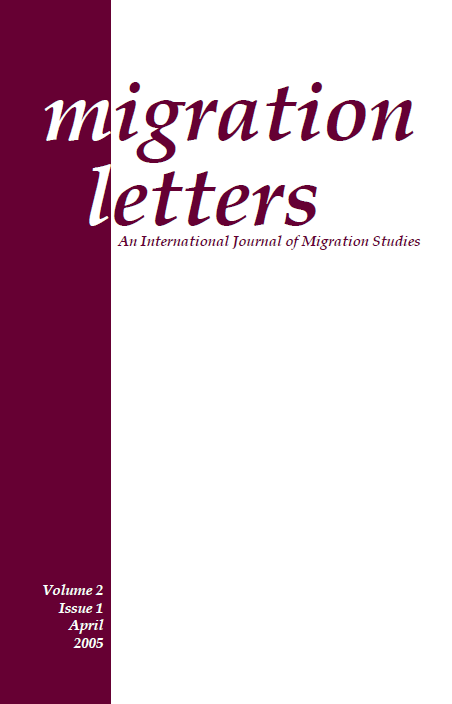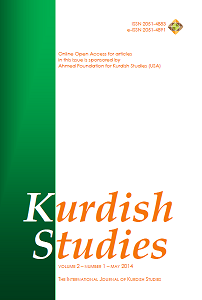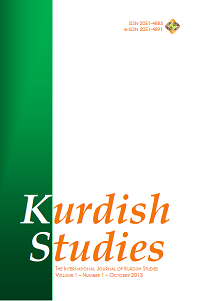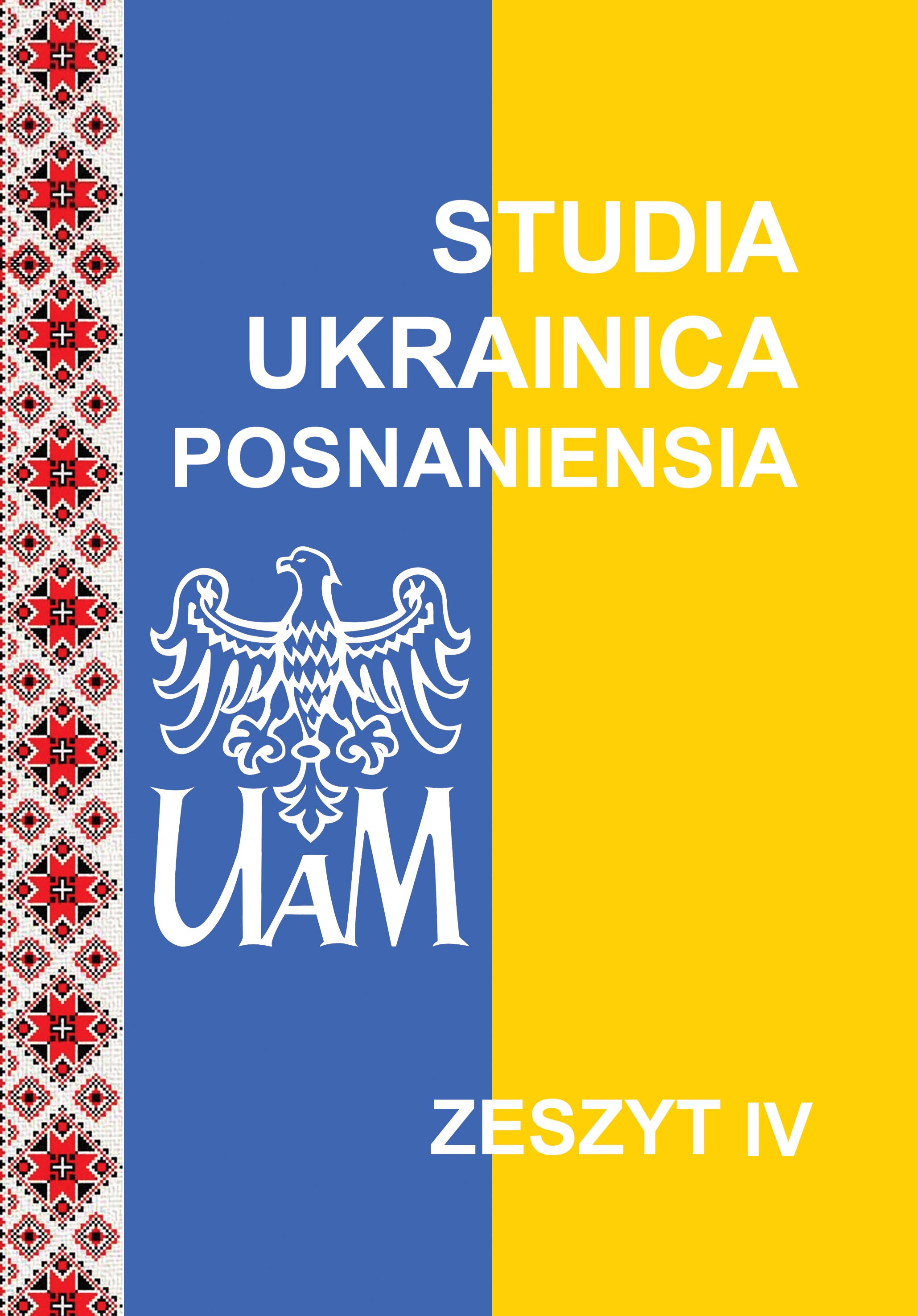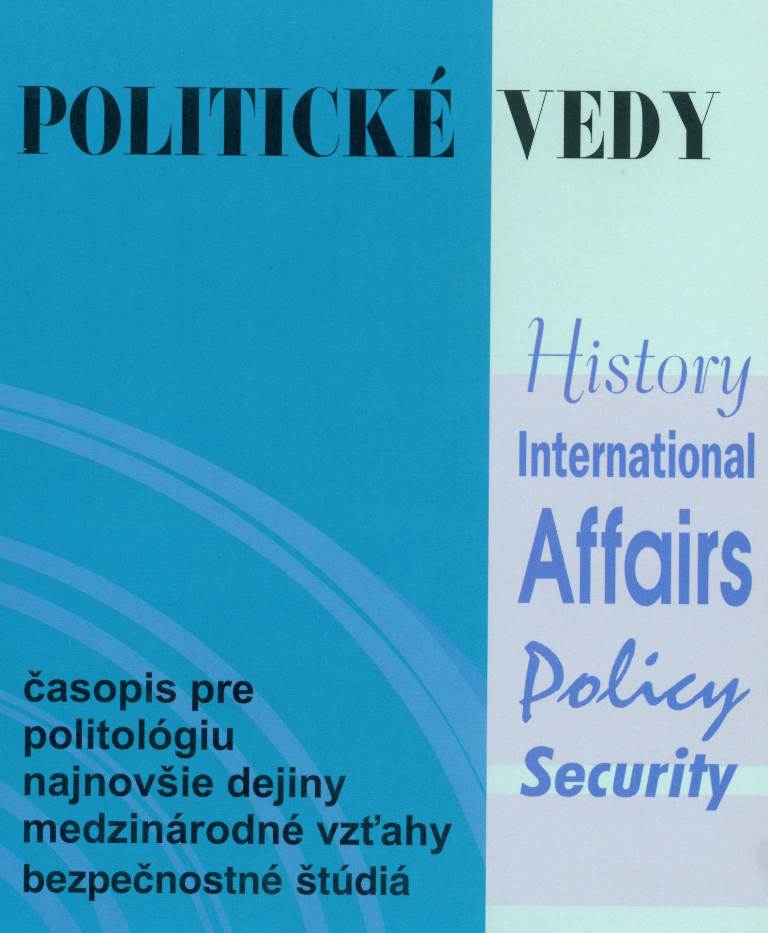
The Ukrainian Crisis – A New Start of Self-Aware Nationhood or Gradual Decline of the State?
Besides the Islamic State in the Middle East and the immigration crisis, the Ukrainian crisis still deepens internal cleavage between Russophone and Ukrainophone regions. At the same time, it continues to affect negatively international relations and security situation in Europe. Moreover, 20 February 2015 marked Ukraine's first anniversary of Euromaidan protests. What are the actual results of the Revolution of Dignity? Has Kiev really started a process of closer political and economic cooperation with the European Union; or, on the contrary, are we witnessing of potential long-term instability in Ukraine? Due to many tumultuous events is certainly worth analysing the one-year-period after Euromaidan. The article discusses some problems related to fundamental changes in Ukraine that have implications for further political development and its economic recovery. Based on the Fragile States Index and general indicators of „fragile“ or „unstable“ state, the author came surprisingly to the conclusion that Ukraine has fullfiled many of them. The aim of this study is particularly to demonstrate the ambivalent development of Ukraine in the respective period.
More...
